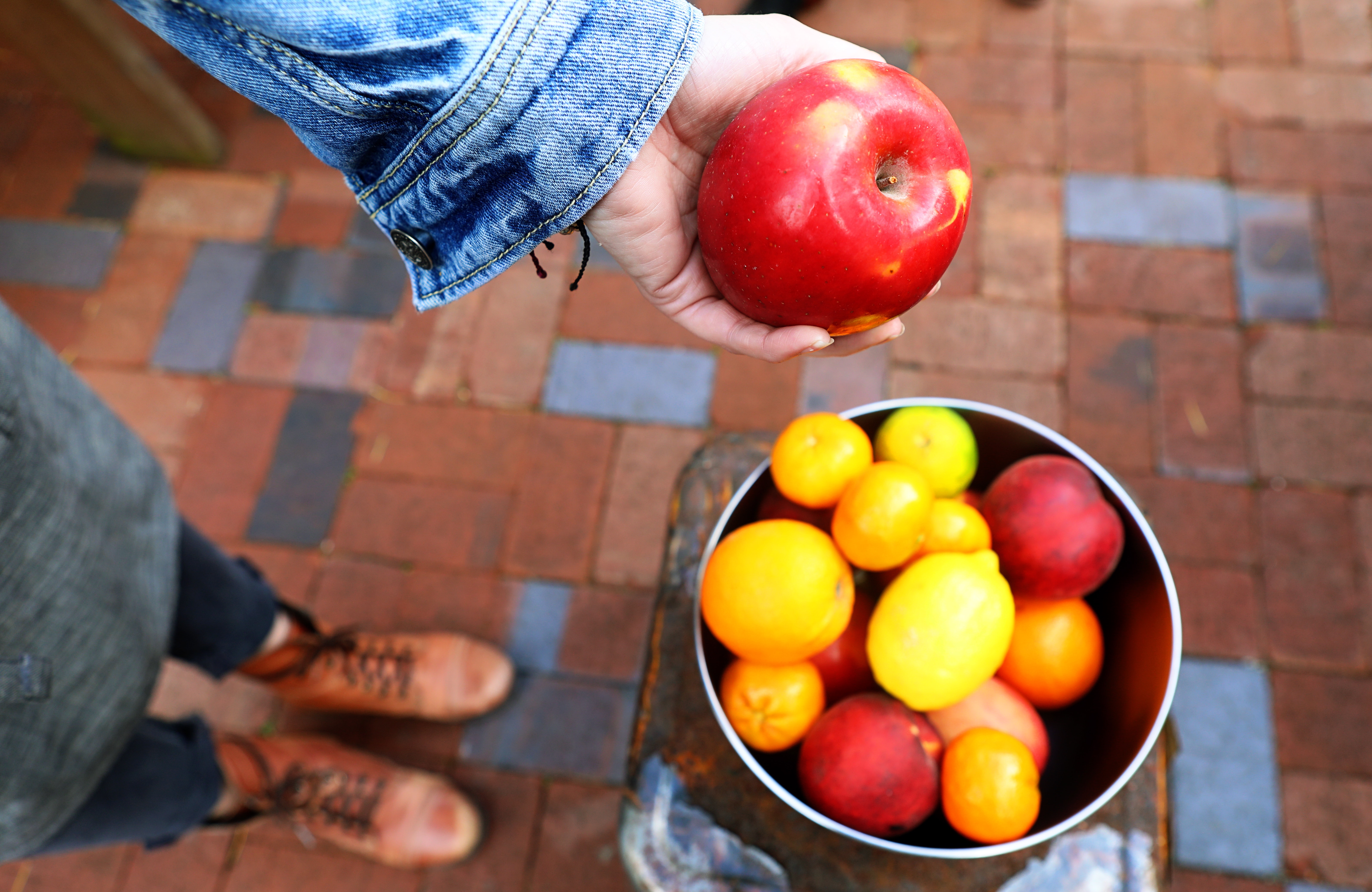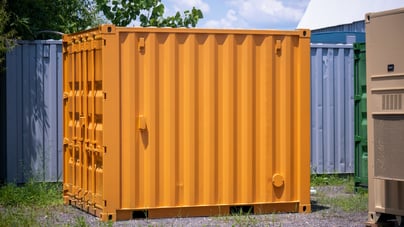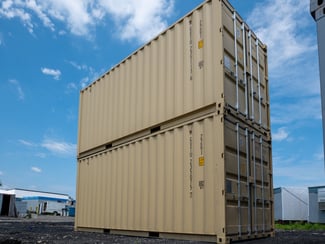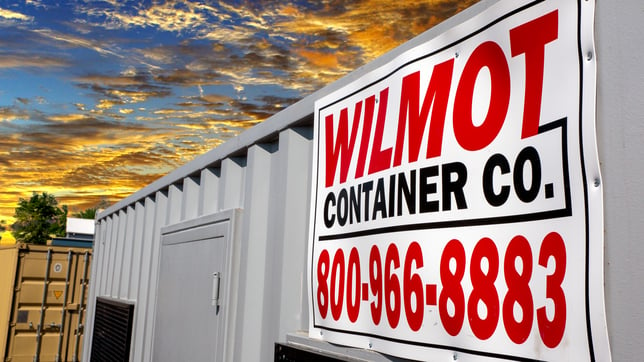
Food deserts are a problem in many urban areas. Climate change and energy costs also threaten our food supply. What produce our cities do have may have been shipped for days, spoiling quickly or simply tasting bad. The cost of shipping produce from, for example, Mexico to the east coast is high. Increasing local production is not always possible in areas of extreme sprawl such as the Northeast Corridor or Southern California.
One solution is urban, indoor farming. Urban farmers are somewhat limited in what they can grow, but can grow fresh produce year round. It is also easy for urban farms to meet organic labeling requirements, as the plants are not exposed to pests and thus pesticides are not required. Urban farming can also improve your health by encouraging physical exercise and has proven to be a good way to teach kids where their food comes from. Here are some ideas for getting into the urban farming business:
Container gardens
Even if all you have is a balcony, you have space for a few containers. Herbs grow well in containers, as do tomatoes. Some people have even managed to grow herbs on a windowsill, although always check: Windows block a good amount of UV light and therefore plants that require direct sunlight to thrive do not do well grown indoors. If you have a patio, you can grow even more produce. Some herbs grow well in hanging baskets, allowing for even more plants in a small space.

Chickens
Although not always legal, chickens require little space and are easy to care for. As a bonus, eggs from chickens fed a varied diet have more flavor than your typical grocery store eggs. If cheap meat is your desire, raising meat rabbits can also be an alternative, and can be done in a shed or garage. Always check whether chickens and rabbits are considered livestock, as some places have zoning restrictions.
Beekeeping
Many cities have urban beekeeping programs to help beginners get into it. Bees help pollinate your garden and everyone else's and give you fresh honey. Raw local honey can even reduce symptoms of seasonal allergies as well as being far better than the honey found in supermarkets (which has been known to be fake or contaminated with sugar water).
Polyculture
Polyculture is growing plants that get on well together, such as lettuce under corn or having a trellis with plants underneath. This really increases yields in a small place, but can strain your soil. Composting is a good way to make sure your soil has enough energy for it. You can even get an indoor composter that goes under your counter.
Aeroponic or hydroponic container farms
You may have seen these at some trendy, green restaurants growing some of their salad greens and herbs. The systems can be expensive, but often pay for themselves, and some cities are starting to introduce programs to make them more available. One group in San Francisco is going for aquaponics, where edible fish in tanks are used to fertilize hydroponic crops. These kinds of urban farms can be put in garages or in repurposed shipping containers, which make a perfect environment for vertical farming. Shipping containers are often abandoned in cities and repurposing them is a huge part of sustainability. Lettuce is the ideal crop for these projects. These indoor farms are also not dependent on the weather or climate, allowing food production to stay stable.

Some urban farming projects are ideal for providing enough food for an entire city, while others might even bring a bit of extra capital to an entire state. Repurposing shipping containers is one way to create a larger urban farm which will help your entire neighborhood. To find out more about repurposed shipping containers for urban farms or other purposes, go here.









